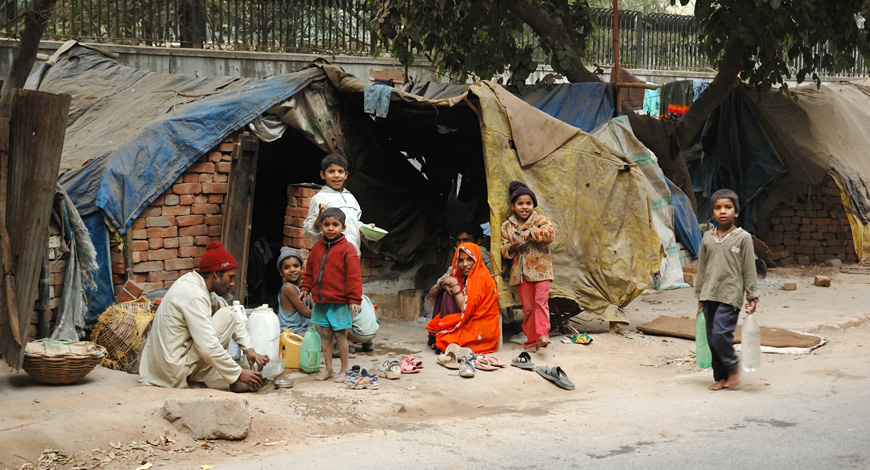Malnutrition to be serious challenge in controlling NCDs in South Asia

(Originally published in Businessworld.in) South Asian countries will face serious challenges to improve nutrition and avoid further increase of diet related non-communicable diseases, such as heart disease, cancer, stroke and diabetes over the next two decades. Findings from a new report, “Food Systems and Diets: Facing the Challenges of the 21st Century” commissioned by the Global Panel on Agriculture and Food Systems for Nutrition, released in New Delhi on Thursday, also cautions that although South Asian countries have made progress in the drive to address health and malnutrition issues, the food systems are yet to deliver healthy diets.
Poor diets now pose a greater risk to health than unsafe sex, alcohol, drug and tobacco use combined and if there are no changes introduced in the current food system, there will still be 188 million calorie deficient people in South Asia in 2030, the report said.
The South Asia report that was prepared to identify decisions governments and policy makers can take now to ensure delivery of high-quality diets into the future, especially in low- and middle-income countries. Thus it recommends that there is the need of prioritising focus on food and agriculture policies to secure diet quality for infants and young children and improving adolescent girl and adult women’s diet quality as a priority in all policy making that shapes food systems.
The other key suggestions in the report include priority decision to make fruits, vegetables, pulses, nuts and seeds much more available, more affordable and safe for all consumers. There is need to make policies which regulate product formulation, labelling, advertising, promotion and taxes a high priority and recognising animal source foods such as dairy, eggs, fish and meat as important nutrient sources.
The other recommendations include institutionalising high-quality diets through public sector purchasing power and refocusing agriculture research investments globally to support healthy diets and good nutrition.
According to K. Srinath Reddy, president of The Public Health Foundation of India and a Global Panel member, the report highlights the risks posed by the double burden of malnutrition in South Asia, where overweight and obesity exist alongside undernutrition.
“The level of effort required to address this problem is not dissimilar to the fervor with which the International community confronted HIV/AIDS, malaria and other pandemic diseases.” said Sir John Beddington, former UK Chief Scientific Advisor and Co-Chair of the Global Panel on Agriculture and Food Systems for Nutrition.
Meanwhile, another white paper on health, “NCD management: Translating BEST practices into NEXT practices” released on Thursday by industry lobby CII along with Eli Lilly and Company also stressed upon the implementation of best practices for the management of NCDs in India, particularly diabetes.
“With the growing incidence of non-communicable diseases such as diabetes in India, partnerships between various stakeholders are required to tackle the burden of diseases in the country,” said Soumya Swaminathan, secretary, Department of Health Research, and director general, Indian Council of Medical Research.
Experts estimate that over 123 million Indians will be living with diabetes By 2040. Changing lifestyles along with reduced physical activity and lack of awareness are some of the key factors that contribute to the increasing burden of diabetes, which in turn leads to serious health complications.
